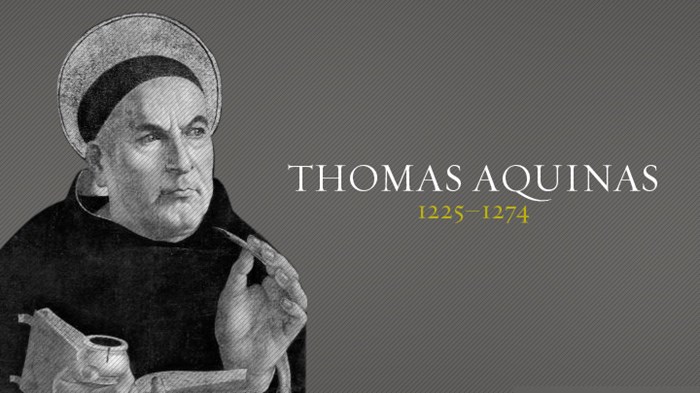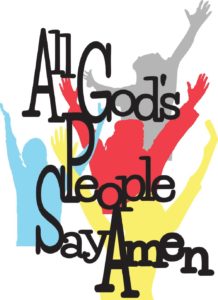
For a number of reasons, through the years I have not spent time in my preaching classes to talk about the spiritual preparation of the preacher. That’s mostly because there are other classes devoted to that issue, classes such as, Spiritual Life, for instance.
However, I find it interesting and, more importantly, profitable, to read prayers. So, I thought I would share two that I pray before my study time. I may have given readers part of the second one before.
First, I pray Psalm 119:18
“Open my eyes that I may behold wondrous things out of your law.”
Since I preach out of the Old Testament frequently, that prayer has provided so much confidence through the years.
The second one is Thomas Aquinas’s pre-sermon preparation prayer (or more generally, his pre-study prayer):
“Ineffable Creator,
You are proclaimed the true font of light and wisdom, and the primal origin raised high beyond all things. Pour forth a ray of Your brightness into the darkened places of my mind; disperse from my soul the twofold darkness into which I was born: sin and ignorance. You make eloquent the tongues of infants. Refine my speech and pour forth upon my lips the goodness of Your blessing.
Grant to me keenness of mind, capacity to remember, skill in learning, subtlety to interpret, and eloquence in speech. May You guide the beginning of my work, direct its progress, and bring it to completion.
You Who are true God and true Man, who live and reign, world without end.
Amen.”
I was introduced to Aquinas’s prayer a few years ago and I have prayed the bold print part of his prayer ever since. This prayer has also provided confidence each week as I gear up for Sunday’s worship.
I am sure that you ask God for help. I am also sure He hears your prayers and that He receives glory in the church and in Christ Jesus (Ephesians 3:21) because of what you ask Him to do for you.
Randal






